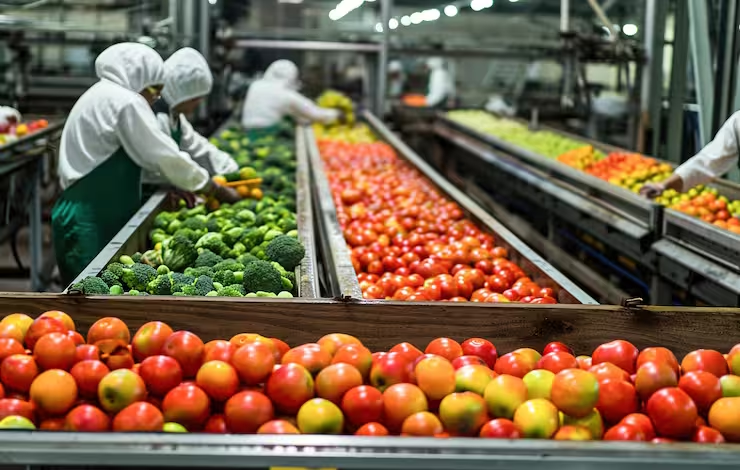Minister Limpho Tau Stresses the Importance of Food Production in Lesotho

The Minister in the Prime Minister’s Office, Mr. Limpho Tau, emphasized the urgent need to normalize the nation’s understanding of the importance of food production during the launch of the National Nutrition Campaign in Maseru on Wednesday.
In his address, Minister Tau highlighted the paradox of Lesotho’s agricultural potential. Despite having arable land, the country struggles with self-sufficiency in food production. This shortfall not only undermines food security but also contributes to the prevalence of diseases linked to unhealthy eating habits.
“It is unacceptable that Lesotho, blessed with fertile land, cannot produce enough to sustain itself,” said Minister Tau. “We must tackle the root causes of food insecurity and the resultant health issues by prioritizing food production.”
He urged Basotho to reflect on the past 200 years and consider the shift in dietary habits. “Modern Basotho should introspect and compare the natural, nutritious foods our ancestors consumed with the current diet. This reflection is crucial for understanding the health implications of our present food choices,” he added.
Food production is a cornerstone for any nation’s stability and health, and it holds particular significance for a country like Lesotho. Here are several reasons why bolstering food production is vital:
- Food Security: Enhancing local food production reduces dependency on imports and ensures a stable supply of nutritious food for the population.
- Economic Growth: Agriculture can drive economic development by creating jobs, stimulating rural economies, and providing raw materials for agro-industries.
- Health Benefits: Access to fresh, locally produced food can combat malnutrition and reduce the incidence of diet-related diseases, promoting overall public health.
- Environmental Sustainability: Sustainable farming practices can protect and preserve the environment, ensuring long-term agricultural productivity and resilience against climate change.
- Cultural Preservation: Promoting traditional Basotho foods helps preserve cultural heritage and fosters a sense of identity and community.
Minister Tau’s call to action underscores the necessity for Lesotho to harness its agricultural potential. By focusing on self-sufficiency and sustainable practices, the nation can address food insecurity, improve public health, and drive economic growth, ultimately leading to a healthier and more prosperous future for all Basotho.
Join 'Lesotho News' WhatsApp Channel
Get breaking Lesotho news — delivered directly to your WhatsApp.
CLICK HERE TO JOIN



